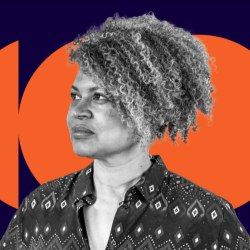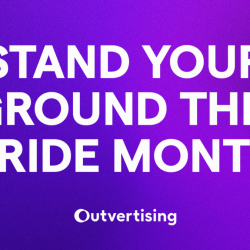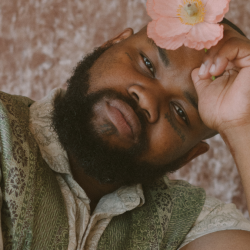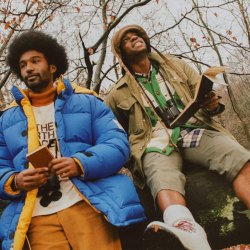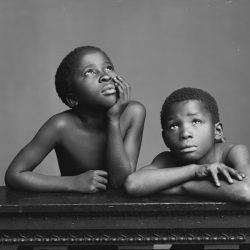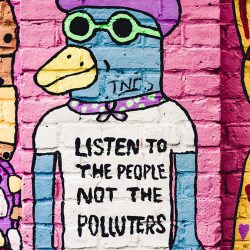We have all known more cheerful times. If it isn’t Covid 19 and lockdown, it is strikes everywhere and the cost of everything skyrocketing. Instead of city breaks in Moscow and Kiev, there’s a full blown and horrific war going on. And politic strife has turned to violence in what seems like every other country.
Are people generally being kind to each other? And is there widespread hope that matters are going to improve? Frankly, no on both fronts. For those of us in the marketing and advertising world, building brands and stimulating consumer demand have taken a back seat while issues like diversity, inclusivity, gender and colonialism are centre stage. However important these issues may be, I sometimes wonder whether we have lost balance and focus.
As a veteran of this industry it is impossible to ignore what seems to be an unstoppable series of waves of confrontation, intolerance, the rejection of debate, and cancel culture. It is hard to determine whether life is imitating the entertainment industry (TV, movies, gaming etc), or whether it is the other way around. Until I dived into social media on this subject, I had never heard of the ‘grimdark’ genre, but the term is so onomatopoeic it was easy to work out what it means. ‘Hopepunk’ is rather less self-explanatory, but I get it anyway.
However, I prefer to talk about hope and kindness as it applies to real life
I’m a big fan of monosyllabic words from our Anglo Saxon and Old English roots, as opposed to complicated neologisms. I think we need to concentrate on four such simple concepts: hope, joy, guts and wit. Let me expand on this. Hope is fundamental. Wanting things to improve and change for the better is the basic human motivation. Joy is what we want, isn’t it? The pursuit of happiness is or should be what we all want in our short lives, even if it hadn’t been enshrined in the Declaration of Independence. We know deep down that it often needs courage and guts to get there. And, guess what, a sense of humour — wit if you like — very often beats unrelenting earnestness in helping us make everything better.
What weapons can we use?
Here are four adjectives that sum up to me how we have to be to hit these goals: bright, kind, understanding and flexible. ‘Bright’ has never been more important. Intelligence and common sense are great qualities, but knowledge and education are indispensable. Watch any three episodes of The Apprentice to see how confidence and sharp dressing are unimpressive and inadequate without a trained brain.
‘Kind’ is a word you scarcely hear nowadays. Consideration for others (the ‘Golden Rule’) ought to be the basis of all great religions — except that it isn’t in practice. Yet how can humans succeed without this essential ingredient of teamwork?
It is not surprising that ‘understanding’ and ‘flexible’ are not monosyllables. They are both complicated qualities. We need to take time to empathise with others. And we need to work out a range of options to respond to most problems and challenges.
Being convinced of our own rightness is a huge weakness. Taking on board prejudice and destructive thinking makes us weaker, not stronger. Debate and considering someone else’s point of view is the only sound way to enter any kind of enquiry or negotiation. It is a rule in all good debating societies, that from time to time you have to propose or second a motion you don’t personally agree with.
The opposite of hope is despair
The antonym of kindness is cruelty. Whoever would want to get up in the morning motivated by despair? Whoever wants to be proud of being thought cruel? Sadly there are high profile real life examples of both types of person. But that doesn’t make it either acceptable or desirable.
‘Hope is being able to see that there is light despite all of the darkness.’
‘Kindness is something anyone can give without losing anything themselves.’
Featured image: Cottonbro / Pexels























